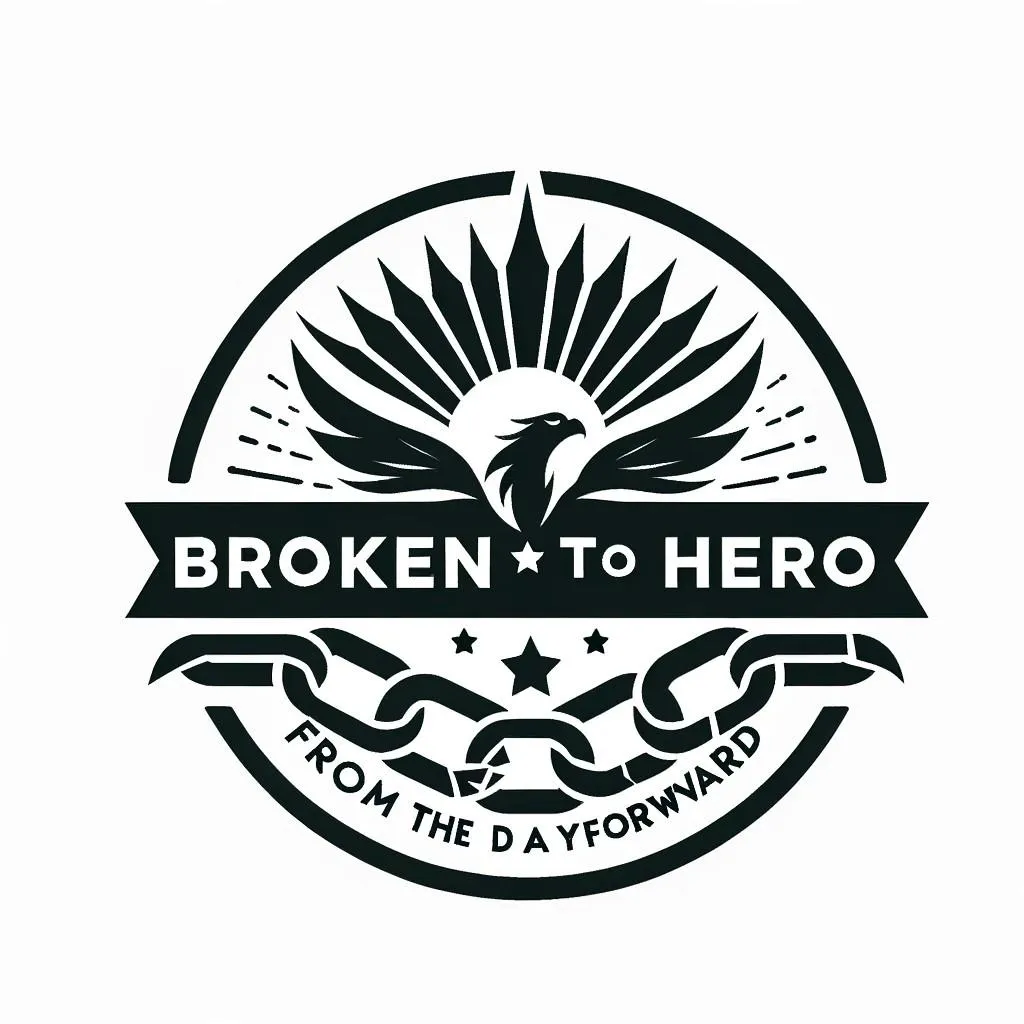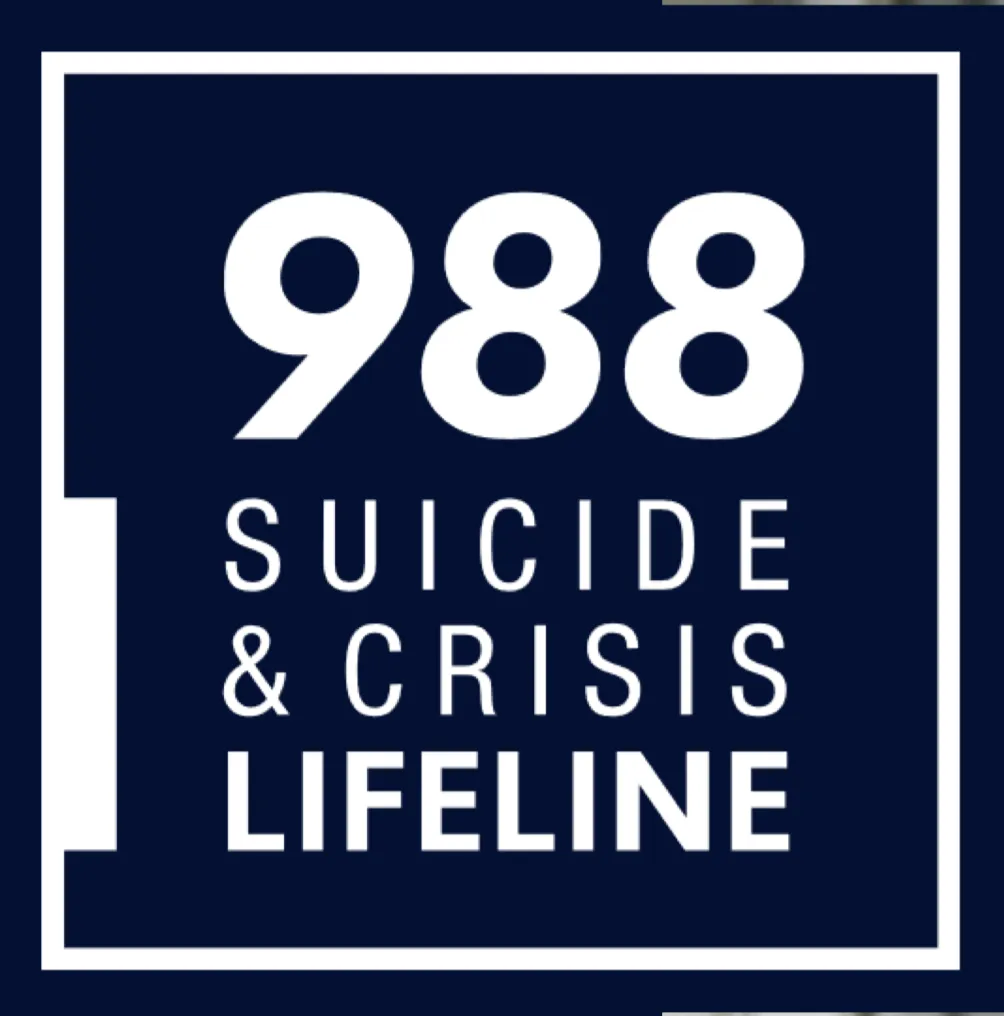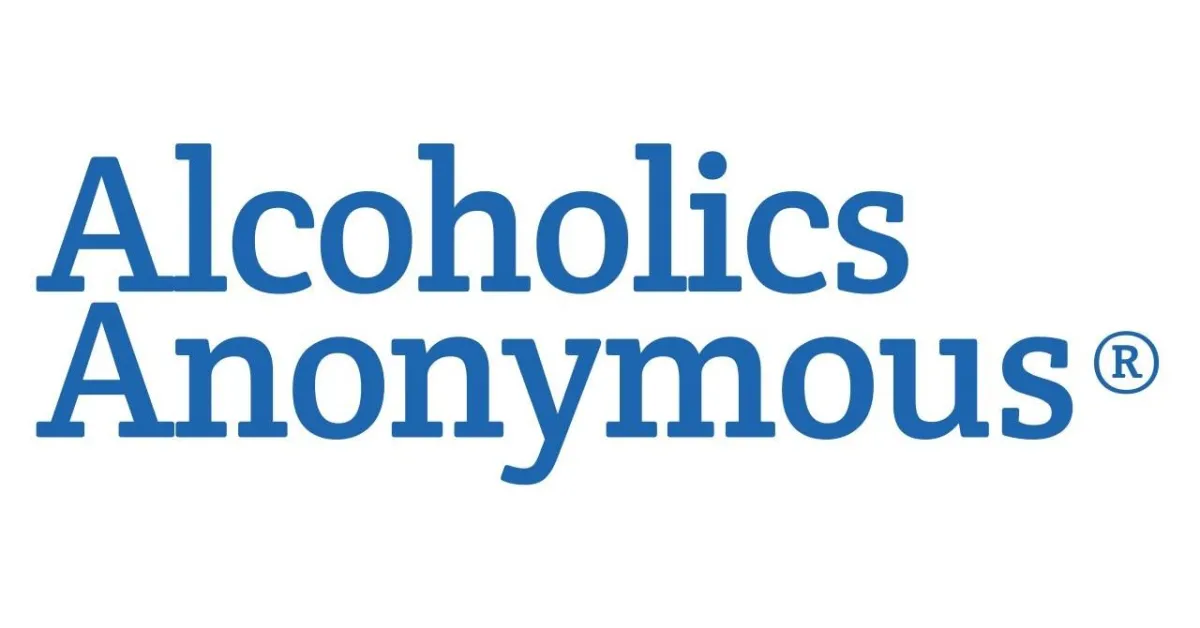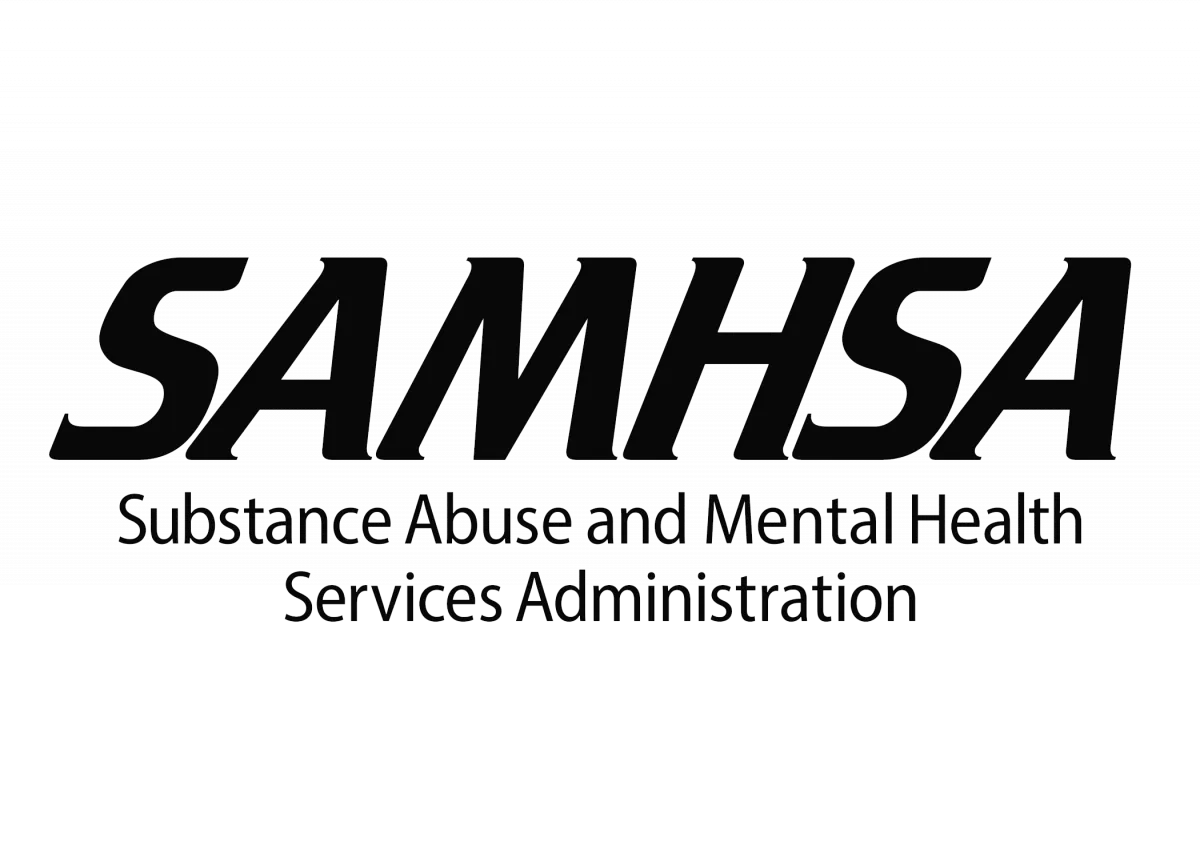FAQS
How does life coaching differ from therapy?
While both life coaching and therapy aim to support personal growth, they have distinct approaches. Therapy typically focuses on addressing past traumas, emotional healing, and diagnosing mental health conditions. On the other hand, life coaching is forward-focused, centered around setting and achieving goals, enhancing performance, and unlocking potential. If you're seeking to overcome specific challenges from your past, therapy might be more suitable. If you're looking to create a roadmap for personal or professional success, life coaching could be the right fit.
How often are coaching sessions conducted?
Coaching sessions frequency can vary based on your needs and preferences. Typically, we recommend starting with weekly sessions to establish momentum and make consistent progress. As you gain confidence and traction towards your goals, sessions might transition to bi-weekly or monthly. The flexibility of our approach ensures that the coaching frequency adapts to your evolving requirements, ensuring optimal support and accountability.
What if I'm unsure about my goals and direction?
It's completely normal to feel uncertain about your goals and direction. Our coaching process begins with an initial assessment where we'll work together to clarify your aspirations, values, and priorities. Through insightful questioning and exploration, we'll collaboratively uncover your passions and potential areas for growth. If you're not entirely sure about your goals, our coaching can help you gain clarity and chart a course that aligns with your authentic self. Remember, the journey towards clarity is an integral part of the coaching process itself.


Anger
Anger can significantly hinder recovery by acting as both a trigger and a barrier to progress. When individuals in recovery experience intense anger, it can lead to impulsive decisions and a heightened risk of relapse as they might turn to substances or unhealthy behaviors to cope. Additionally, anger strains relationships with family, friends, and support networks, which are crucial for emotional and social support during recovery. The physical and mental stress caused by chronic anger can also undermine overall health, exacerbating anxiety and depression, which are common co-occurring issues in recovery. Furthermore, unresolved anger can impede the development of healthy coping mechanisms and make individuals resistant to therapeutic interventions, ultimately stalling their recovery journey and diminishing their quality of life.
Angers Impact

Anger can significantly impact your recovery from addiction or any other form of personal transformation. Here are some ways in which anger can affect your recovery process:
1. Trigger for Relapse
• Emotional Overload: Anger can be a powerful and overwhelming emotion, which might lead individuals to seek relief through substances or harmful behaviors they are trying to recover from.
• Self-Medication: Many people in recovery may have used substances as a way to cope with or numb their feelings of anger. Experiencing anger can trigger a desire to return to these old coping mechanisms.
2. Impaired Judgment
• Impulsive Decisions: Anger can lead to impulsive decision-making, making it harder to stick to recovery plans and routines.
• Poor Choices: In moments of anger, individuals might make choices that jeopardize their recovery, such as skipping therapy sessions or engaging in risky behaviors.
3. Relationship Strains
• Conflict: Anger can lead to conflicts with family, friends, and support networks. These strained relationships can reduce the emotional and social support that is crucial for recovery.
• Isolation: Persistent anger can push people away, leading to feelings of isolation and loneliness, which can be detrimental to recovery.
4. Physical Health
• Stress: Anger triggers the body's stress response, which can have a range of negative health effects, including increased heart rate and blood pressure, which are counterproductive to the physical aspect of recovery.
• Sleep Disturbances: Chronic anger can interfere with sleep patterns, leading to fatigue and reduced ability to cope with daily stressors.
5. Mental Health
• Increased Anxiety and Depression: Unresolved anger can exacerbate feelings of anxiety and depression, both of which are common co-occurring issues in addiction recovery.
• Negative Thought Patterns: Anger can reinforce negative thought patterns and self-talk, which can undermine self-esteem and confidence in the recovery process.
6. Coping Skills
• Hindrance to Developing Healthy Coping Mechanisms: Anger can prevent the development of healthy coping mechanisms. Focusing on anger can make it difficult to learn and practice new, healthier ways of managing stress and emotions.
• Therapy Resistance: Individuals who are frequently angry may be less open to therapeutic interventions and support, seeing them as ineffective or becoming resistant to change.
Strategies to Manage Anger in Recovery
• Therapy: Engaging in individual or group therapy can help address the root causes of anger and develop healthier ways of managing it.
• Mindfulness and Relaxation Techniques: Practices such as meditation, deep breathing exercises, and yoga can help manage anger and reduce its intensity.
• Exercise: Physical activity can be an effective way to release built-up tension and stress.
• Healthy Communication: Learning and practicing assertive communication can help express feelings of anger in a constructive way.
• Support Groups: Joining support groups can provide a safe space to share experiences and receive support from others who understand the challenges of managing anger in recovery.
Addressing and managing anger effectively is crucial for maintaining long-term recovery and achieving a balanced, fulfilling life.
Addressing Anger Issues

Addressing anger issues involves a combination of self-awareness, practical strategies, and sometimes professional help. Here are steps that can help:
1. Acknowledge and Identify Triggers
• Self-Awareness: Recognize when you are feeling angry and understand what triggers your anger. Keep an anger journal to note down instances of anger, the circumstances, and your reactions.
• Patterns: Look for patterns in your triggers. Are there specific situations, people, or thoughts that consistently lead to anger?
2. Understand Your Anger
• Root Causes: Reflect on the underlying causes of your anger. Is it related to unmet needs, past trauma, or feelings of injustice?
• Types of Anger: Differentiate between different types of anger, such as frustration, resentment, or rage. This can help you understand and address the specific nature of your anger.
3. Develop Healthy Coping Mechanisms
• Relaxation Techniques: Practice deep breathing, progressive muscle relaxation, or visualization techniques to calm down when you feel angry.
• Physical Activity: Engage in regular physical exercise, which can help reduce stress and improve your mood.
• Mindfulness and Meditation: Incorporate mindfulness practices and meditation into your routine to increase self-awareness and emotional regulation.
4. Improve Communication Skills
• Assertiveness Training: Learn to express your feelings and needs calmly and assertively without being aggressive. Use "I" statements to communicate your feelings (e.g., "I feel frustrated when...").
• Active Listening: Practice active listening to understand others' perspectives and reduce misunderstandings that can lead to anger.
5. Change Your Thinking Patterns
• Cognitive Restructuring: Challenge and change negative thought patterns that fuel your anger. Replace them with more rational and balanced thoughts.
• Problem-Solving: Focus on finding solutions to the problems that trigger your anger rather than dwelling on the frustration.
6. Set Boundaries
• Healthy Limits: Establish and maintain healthy boundaries in your relationships to protect yourself from situations that trigger anger.
• Time-Outs: Take a break from situations or conversations that are becoming too heated. Give yourself time to cool down before re-engaging.
7. Seek Support
• Therapy: Consider individual or group therapy with a licensed therapist who specializes in anger management. Cognitive-behavioral therapy (CBT) is particularly effective for anger issues.
• Support Groups: Join support groups where you can share experiences and strategies with others who are also working on managing their anger.
8. Practice Forgiveness
• Letting Go: Work on letting go of grudges and practicing forgiveness. Holding onto anger and resentment can be harmful to your mental and emotional health.
• Empathy: Try to understand the perspectives of others and practice empathy. This can help reduce feelings of anger and improve relationships.
9. Maintain a Healthy Lifestyle
• Sleep: Ensure you get adequate sleep, as lack of rest can exacerbate irritability and anger.
• Nutrition: Maintain a balanced diet to support overall well-being and emotional stability.
• Avoid Substances: Reduce or eliminate the use of substances like alcohol or drugs, which can impair judgment and increase the likelihood of angry outbursts.
10. Monitor Progress
• Regular Check-Ins: Regularly assess your progress in managing anger. Reflect on what strategies are working and where you might need to make adjustments.
• Celebrate Successes: Acknowledge and celebrate improvements and successes in managing your anger.
By following these steps, you can gain better control over your anger, improve your relationships, and enhance your overall well-being.
Available Help
988 Suicide and Crisis Lifeline We can all help prevent suicide. The 988 Lifeline provides 24/7, free and confidential support for people in distress, prevention and crisis resources for you or your loved ones, and best practices for professionals in the United States.
Find A.A. Near You This website does not contain a meeting finder. Contact one of the A.A. resources below for a meeting list in that location and the surrounding area.
The Online Intergroup of Alcoholics Anonymous, or OIAA, is an International service organization established in accordance with the Ninth Tradition of Alcoholics Anonymous A.A., specifically for the purpose of assisting online.
All of the efforts of Narcotics Anonymous are inspired by the primary purpose of our groups. Upon this common ground we stand committed.
Marijuana Anonymous is a simple program based on one addict helping another.
A simple, supportive approach to mental health care. Find a therapist who fits your needs and takes your insurance.
The United States Department of Veterans Affairs is a Cabinet-level executive branch department of the federal government charged with providing lifelong healthcare services to eligible military veterans at the 170 VA medical centers and outpatient clinics located throughout the country.
NAMI is the National Alliance on Mental Illness, the nation’s largest grassroots mental health organization dedicated to building better lives for the millions of Americans affected by mental illness.
If you or someone you know has a mental illness, is struggling emotionally, or has concerns about their mental health, there are ways to get help.
The Substance Abuse and Mental Health Services Administration (SAMHSA) is the agency within the U.S. Department of Health and Human Services (HHS) that leads public health efforts to advance the behavioral health of the nation and to improve the lives of individuals living with mental and substance use disorders, and their families.
The National Network of Depression Centers (NNDC) develops and fosters connections among members to use the power of our network to advance scientific discovery, and to provide stigma free, evidence-based care to patients with depressive and bipolar illnesses.












